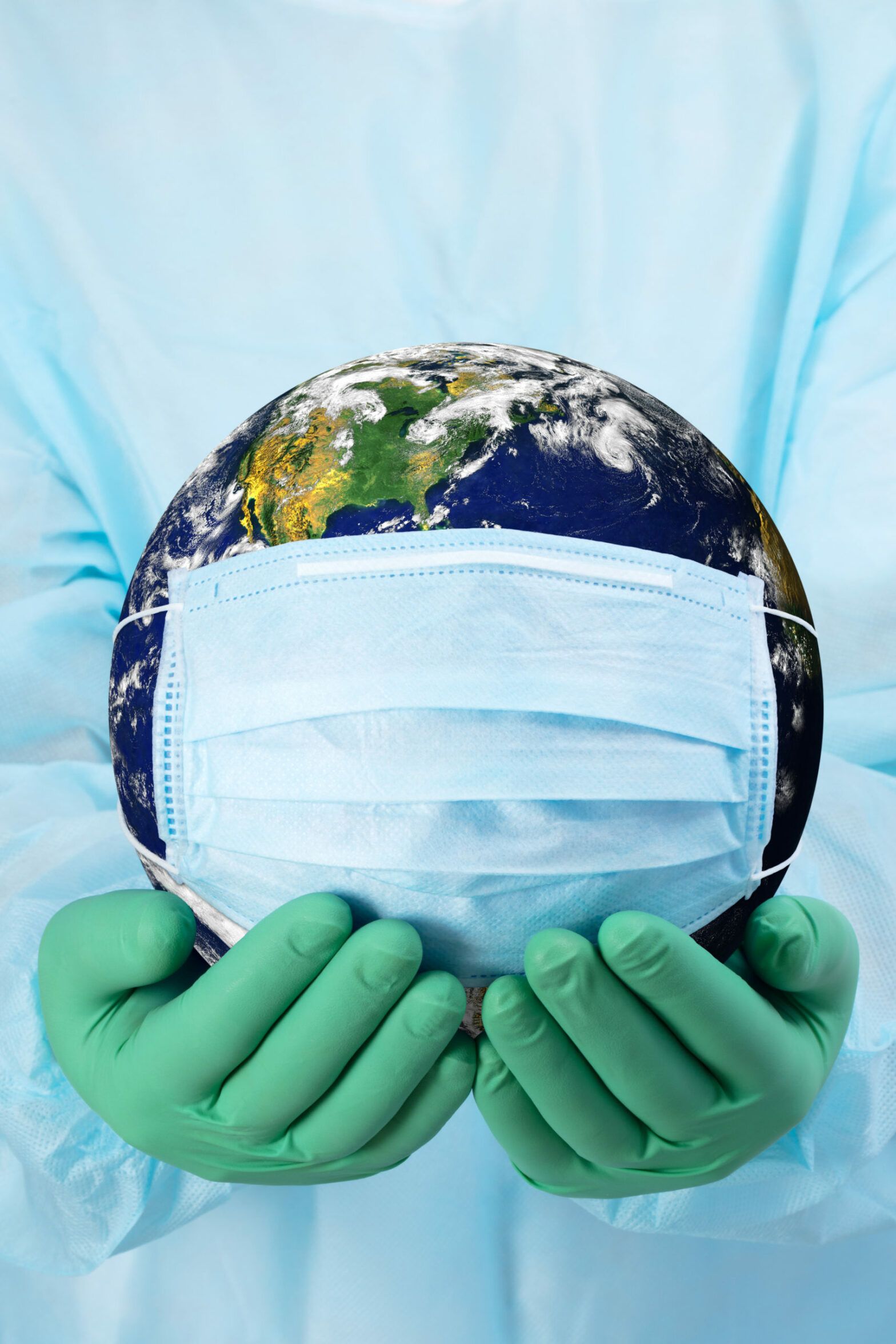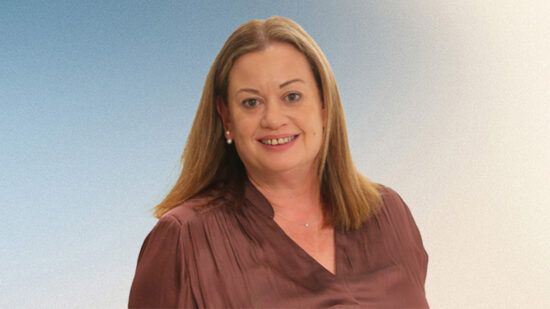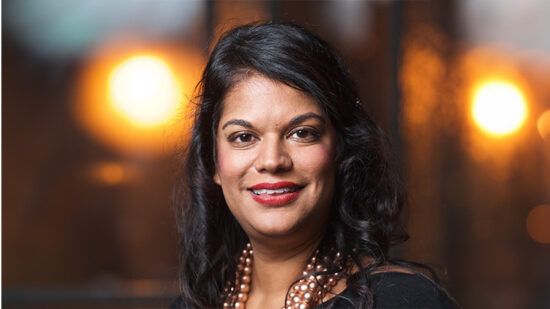A global network of climate activists has called for COP26 to be postponed again in order to allow the developing countries to get up to date with their vaccine programmes and avoid travel difficulties posed by ongoing Covid-19 restrictions.
The Climate Action Network (CAN), which encompasses 1500 civil society organisations in over 130 countries, has called for the UN climate talks in Glasgow this November to be delayed as it said a “safe, inclusive and just global climate conference is impossible”. The event was initially supposed to take place in November 2020 but was postponed due to the global pandemic.
See also: – ISSB to be set up by COP26 and focus first on climate
CAN pointed to the lack of access to vaccines in poorer countries, the unaffordable travel and accommodation costs and surges in Covid-19 cases as deterrents for continuing with the in-person event. It highlighted 57% of Europe is fully vaccinated while just about 3% of Africa is.
Tasneem Essop, executive director at the Climate Action Network, said in a statement: “This issue of participation at COP26 is a microcosm of the larger patterns of global injustice and exclusion that we see playing out. CAN has advocated for vaccine equity and a TRIPS waiver on Covid19 vaccines since the start of this year and called out the UK for failing to support a patent waiver at the G7 Summit back in June.
“Our fight for climate justice and our efforts to hold those in power accountable cannot be delinked from the root causes that continue to perpetuate such inequality and injustice. The climate talks are important but against the current context of vaccine apartheid they simply cannot proceed by locking out the voices of those who especially need to be heard at this time,” added Essop.
Those attending the conference must be fully vaccinated and the UK COP26 presidency pledged to fast-track vaccines to delegates in need of them. CAN said those who applied for this are yet to receive their first jabs as 7 September but noted it was recently announced that delegates will be vaccinated this week.
Mohamed Adow, director of the Nairobi-based think tank Power Shift Africa, said the UK has been too slow in delivering its vaccines support to delegates in vulnerable countries and added quarantine requirements come with some “eye-watering hotel costs”.
“Some delegates are finding they cannot transit because some of the major travel hubs are closed and the alternative travel costs are beyond the reach of poorer governments and smaller civil society organisations. If COP26 goes ahead as currently planned, I fear it is only the rich countries and NGOs from those countries that would be able to attend.
“This flies in the face of the principles of the UN process and opens the door for a rich-nations stitch-up of the talks. A climate summit without the voices of those most affected by climate change is not fit for purpose.”
Greenpeace International’s executive director Jennifer Morgan added: “Authentic climate solutions exist but what is missing is genuine solidarity. Like the pandemic, the climate and biodiversity emergency knows no boundaries or nationalities, but it is those least responsible who are the worst impacted. Equity, safety, action and accountability – all of the ingredients for solidarity – must be central to COP26 being the success it has to be. This can only be achieved through timely vaccine access and financial support for quarantine expenses – these elements are all lacking.”
ESG Clarity has contacted the UN Framework Convention on Climate Change (UNFCCC), that is organising COP26, for comment.








